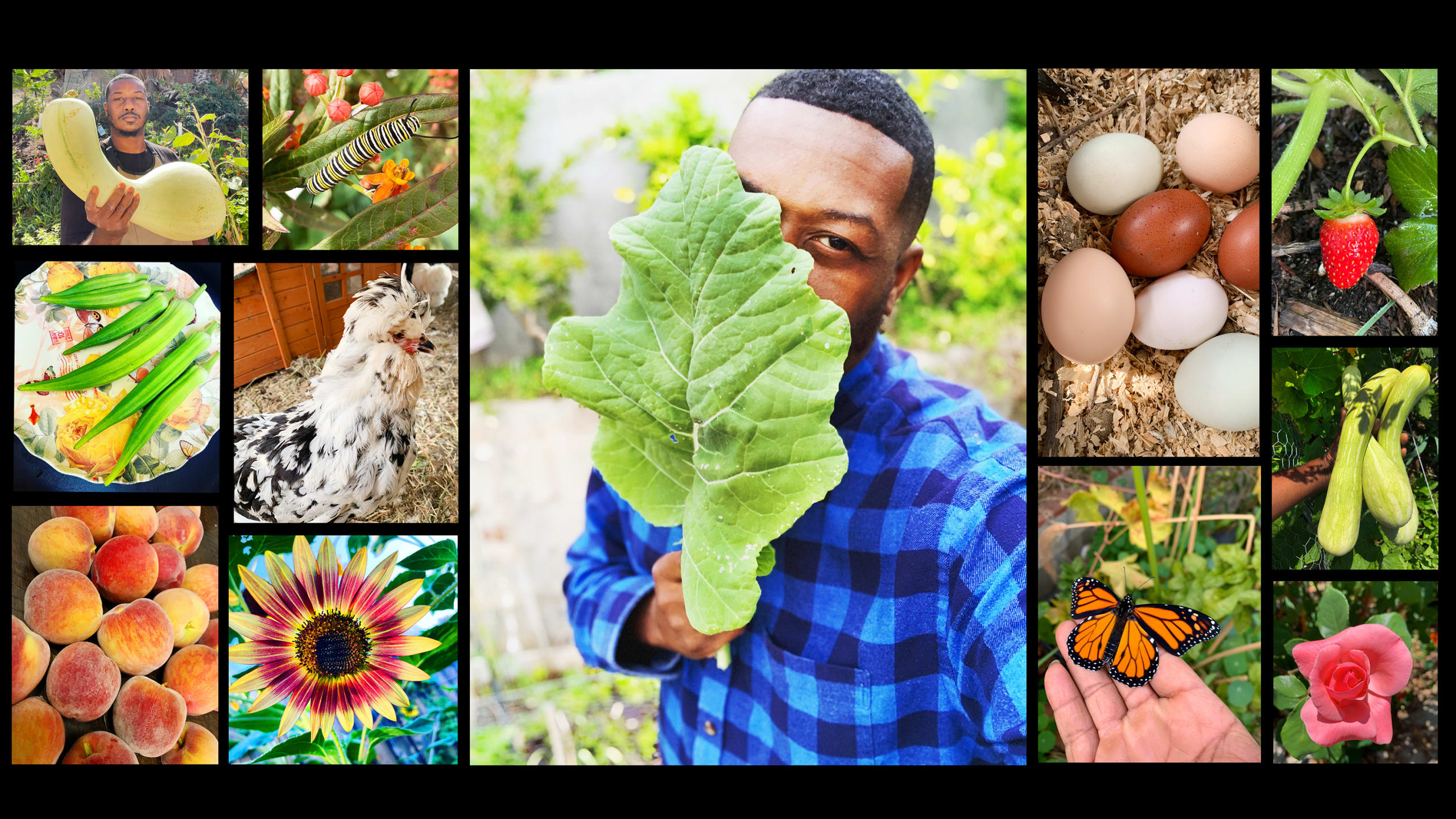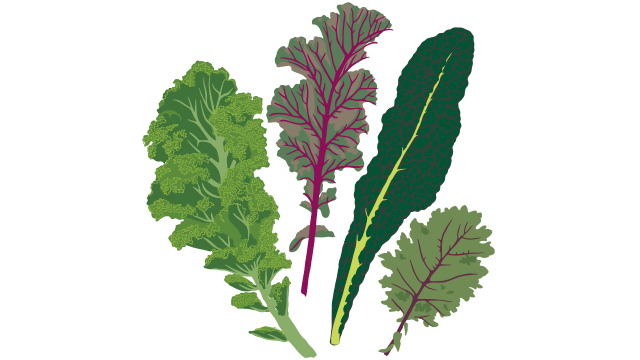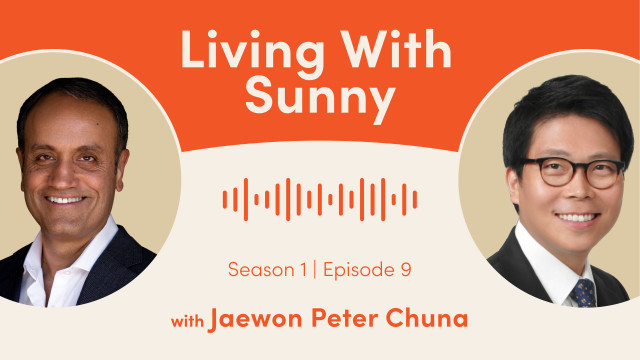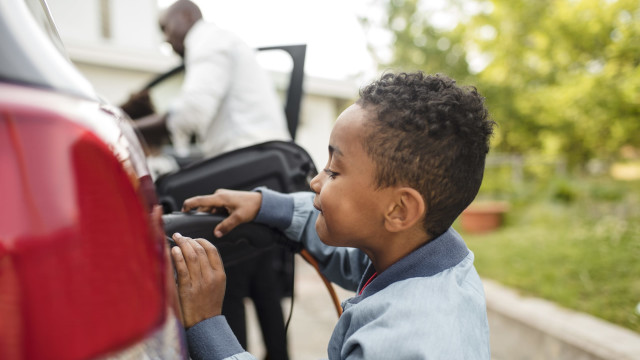The Garden as a Place of Solace

I sip on homegrown lemongrass and mint tea from the garden as the sun rises over the mountains, and its light ricochets off the terrace at the bottom of the hill. After moving from East Los Angeles to Riverside County, I’m well on my way to building a sustainable farm on an acre of my own land. Here, the Mexican fan palms sway in the breeze, the dawn air is crisp, and the weather is so mild I can grow tomatoes, eggplants, even squash in February. It’s an Eden of solace after a whirlwind of tragic events changed my life and catalyzed its renewal.
Generational guides to gardening
Gardening has always held a special place in my life. I’m from a small town in northeastern Ohio. In my close-knit family, the tradition of gardening and farming has been passed down by many generations from the South. As a child, I soaked up knowledge about prepping the land, planting, growing, pests, harvesting, and preserving. Great Aunt Nora gave me tips for pruning fruit trees, and my great-grandmother Juet passed on plant diversity techniques.
My grandma Millie’s yard in Twinsburg, Ohio, was filled with produce. She spent her entire life on that land, where my great-grandparents built a house in the early 1940s. She grew corn, cabbage, tomatoes, collards, mustards, beans. I remember her teaching me how to plant bean seeds, making sure they were spaced far apart and planted deep enough. Cherry trees flanked the driveway, providing beautiful blossoms each spring and sweet cherries in the summer. Grapevines grew along the edge of the property, wild strawberry patches trailed along the hilly areas, and we picked blackberries and ate them straight off the bush. Pear and apple trees were remnants of the orchard she had while growing up. The peach trees died before I was around. So when I was a teenager, I bought her new ones.
My parents gave me a plot of land in our yard to cultivate my own garden. Fruit trees and vegetable crops grew, with flowers and plants symbiotically intertwined, providing an oasis for birds, bees, butterflies, and a host of wildlife. (I just had an “aha” moment: My family was practicing polyculture before the term was coined!) In Ohio, bound to the length of the growing season, I spent the time between the killing frosts exploring the outdoors, observing insects and plants, and foraging fresh strawberries.
After I graduated from Ohio State University, I received my master’s degree in education at the University of Illinois at Chicago. I built community garden spaces in Columbus, Chicago, and Los Angeles. In 2015, when I bought my first home in Los Angeles, I quickly started a garden, and it flourished.
Then in 2019 the bad news hit. Millie had been fighting an ongoing battle with cancer for 7 years. Previously in remission, the cancer had returned. She was told she had 4 months to live. My heart sank. My mind filled with questions and concerns about the inevitable. I took several trips back home to Ohio from L.A. In my grandma’s final months, she always asked about what I was growing. I sent her pictures, we chatted by video, and I gave her virtual tours of the space. She passed away in July 2019.
I processed the grief by nurturing and expanding the garden. I dedicated a space to her, the beginnings of a food forest. There I planted trees that reminded me of home: apples, pears, peaches, nectarines, plums. Contrary to what some believe, certain cultivars of these trees can be successfully grown in milder climates.
The year 2020 started on a high note but quickly became dismal as a series of compounded events took an increasing toll on my psyche. My maternal grandfather’s health was deteriorating. It had been in decline since Millie, his wife of 59 years, passed away. He was laid to rest in March 2020, the same month the world began to shut down due to COVID-19. Then, a couple weeks later, social injustices surrounding policing were highlighted once again with additional killings. This trauma all transpired against the backdrop of the polarizing antics leading up to the presidential election.
I retreated to my garden again, because it was the only thing that could keep me sane. In one space, I added a pond with a water fountain, planted waterlilies, bog plants, and added koi. I sat out on the bench and listened to the water hit the surface. Or I played smooth jazz and just relaxed as the sun set.

While some people were in a food panic as the pandemic hit, I was able to eat off the land. Kale, collards, lettuce, Swiss chard, squash, tomatoes, corn, and cucumbers thrived. My fruit trees surprised me with a harvest, and I picked fresh apples, nectarines, mangos, citrus, and pears a year after planting. I added chickens to my small urban farm, which created a daily source of entertainment as I watched “Chicken TV.”
Growth as business
An unexpected shift began to take shape. I embraced a career change and decided to start my own business, The Farmer Ken. This allowed me to begin garden consultation and installation, as well as sell my own produce. I also started an initiative to build community gardens in under-resourced communities. Media attention quickly picked up, new partnerships helped get more people interested in gardening, and I was amazed by the amount of love and support I received through social media. All of this grew out of my passion for gardening.
I recently moved onto this larger plot of land to allow for more growth as the business expands. I’m creating a new food forest of fruit trees, vegetables, and herbs. I’ve planted flowers that evoke home. They all remind me of my grandmother. She loved sunflowers, and lavender was one of her favorite scents. Her yard was filled with lilacs, peonies, and roses; every time I smell those fragrances it takes me back to my childhood. As I’m pruning fruit trees, sowing seeds, and filling the land with new plants, she’s with me on this journey, and my ancestors are guiding me.
Key Takeaways
- Gardening can teach diversity techniques.
- It can heal and nurture.
- It can promote wellbeing and calm.






